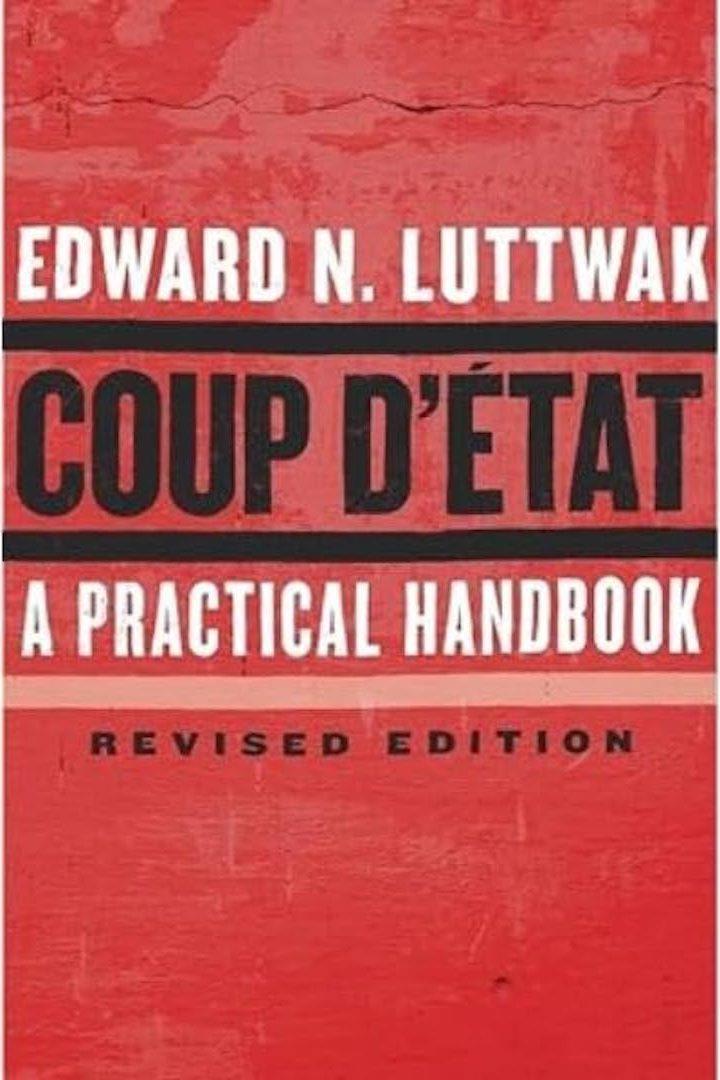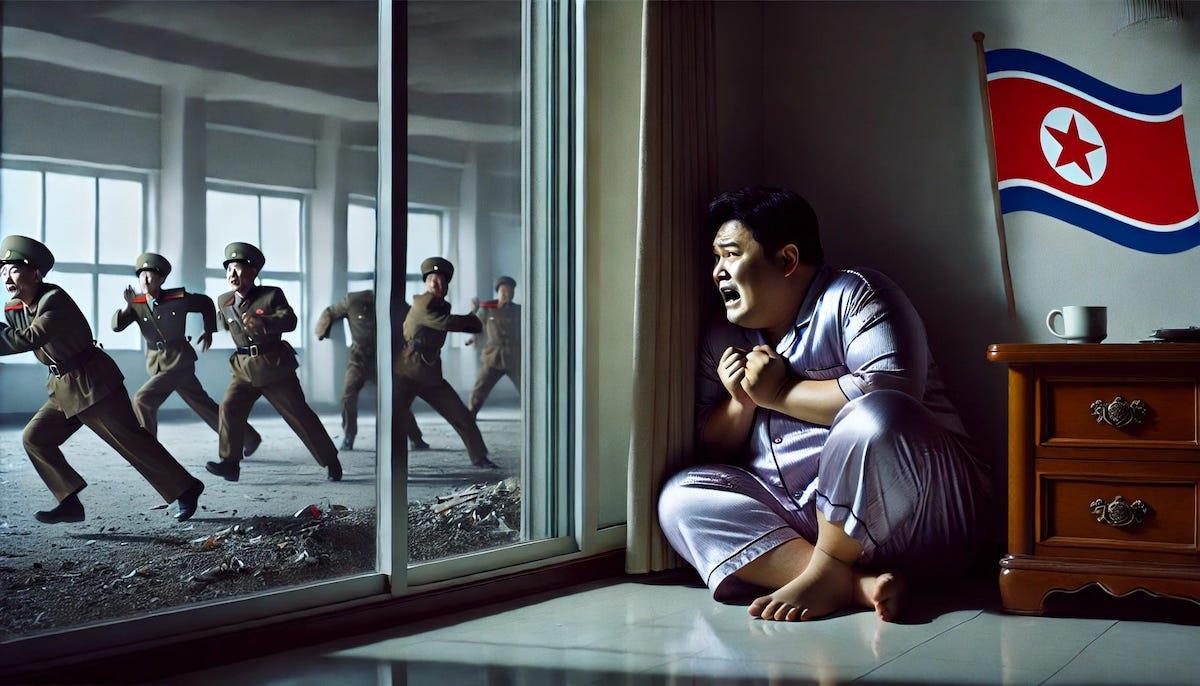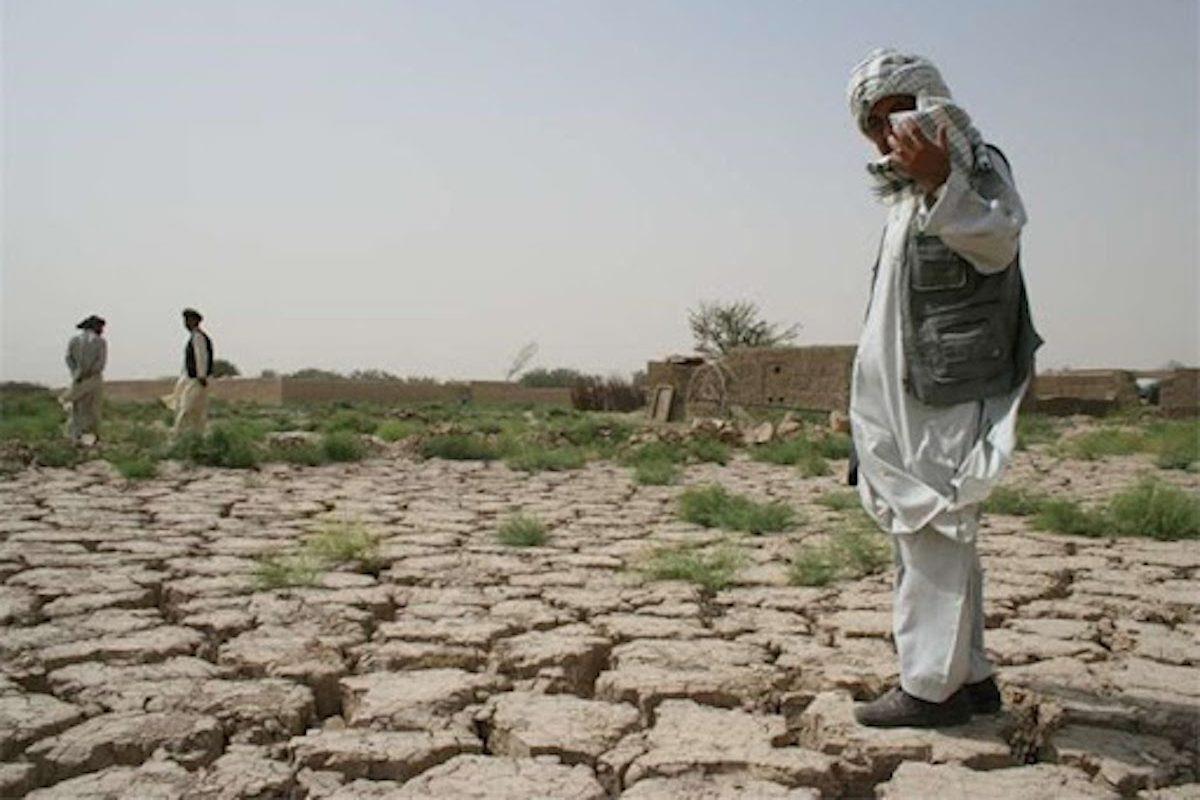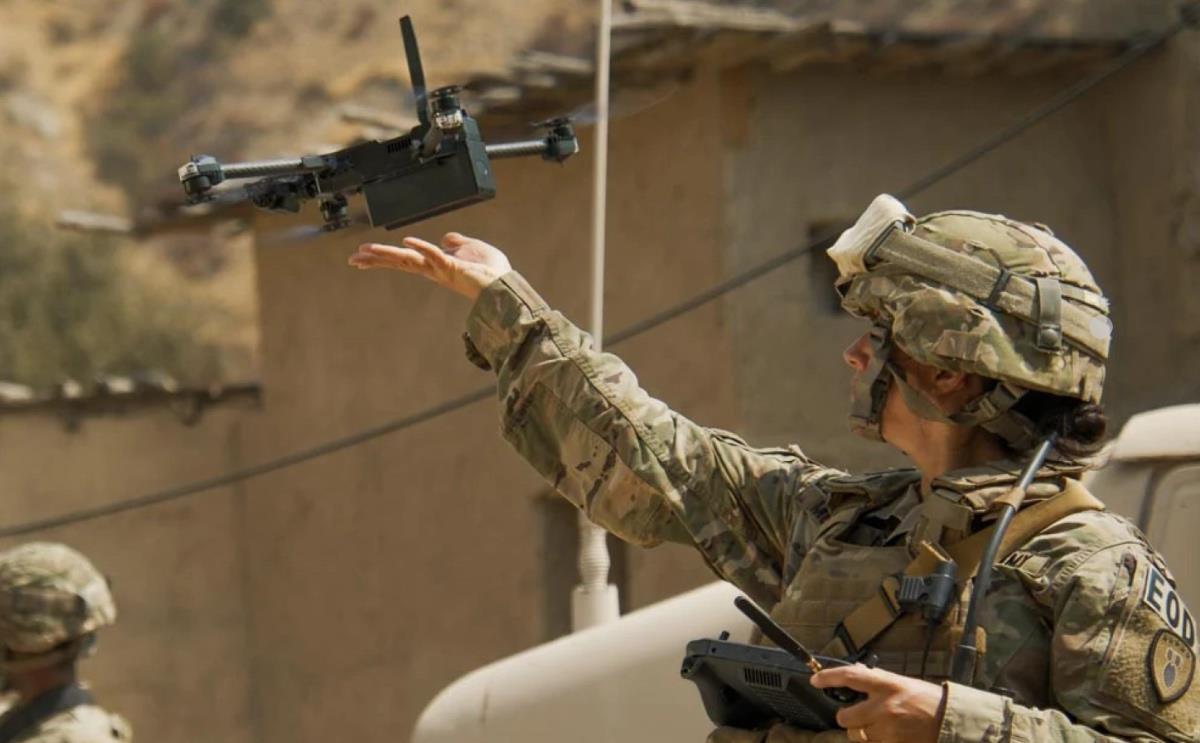
North Korea Coup Speculation Is Back
There's a history. In 1996, the Korean People's Army Sixth Corps, headquartered in Chongjin, planned a coup d'etat. With the failure of state services and the continuing restrictions on trading, North Hamkyung Province was hungry and dissatisfied – including the leadership and officers in each link of the self-monitoring triumvirate of political committees, military command and National Security Agency. We know the coup attempt failed, but we also know it was a very real threat.

Jacket image: Harvard University Press
Edward N. Luttwak's
Coup d'État: A Practical Handbook
is the best known book on how to undertake a coup. Luttwak's book explores the mechanics of seizing state power through small, organized efforts, bypassing mass uprisings or large-scale warfare. It details how modern states' bureaucratic and military structures can be exploited for swift takeovers.
His work has influenced both coup plotters and governments worldwide, prompting them to refine strategies for seizing power or preventing it, respectively. The book's impact spans decades, providing insight into real-world coups and shaping political-security frameworks to counteract internal threats to regimes.
The nature of the North Korean state presents unique challenges, requiring a strategy that considers both internal vulnerabilities and external pressures. Drawing on the insights from Luttwak's text, to destabilize and ultimately collapse the North Korean regime, plotters would need to check several boxes.
- A vulnerable centralized state apparatus ☑
Luttwak emphasizes that a coup or regime change becomes feasible in a highly centralized system where power is concentrated in a few hands. North Korea's tightly controlled bureaucracy and military chain of command make it vulnerable to disruptions at key nodes. However, these same characteristics act as both strengths and weaknesses. While the leadership relies heavily on elite military units and inner-circle loyalty, these structures also create isolated factions that can be exploited.

Legal Disclaimer:
MENAFN provides the
information “as is” without warranty of any kind. We do not accept
any responsibility or liability for the accuracy, content, images,
videos, licenses, completeness, legality, or reliability of the information
contained in this article. If you have any complaints or copyright
issues related to this article, kindly contact the provider above.





















Comments
No comment